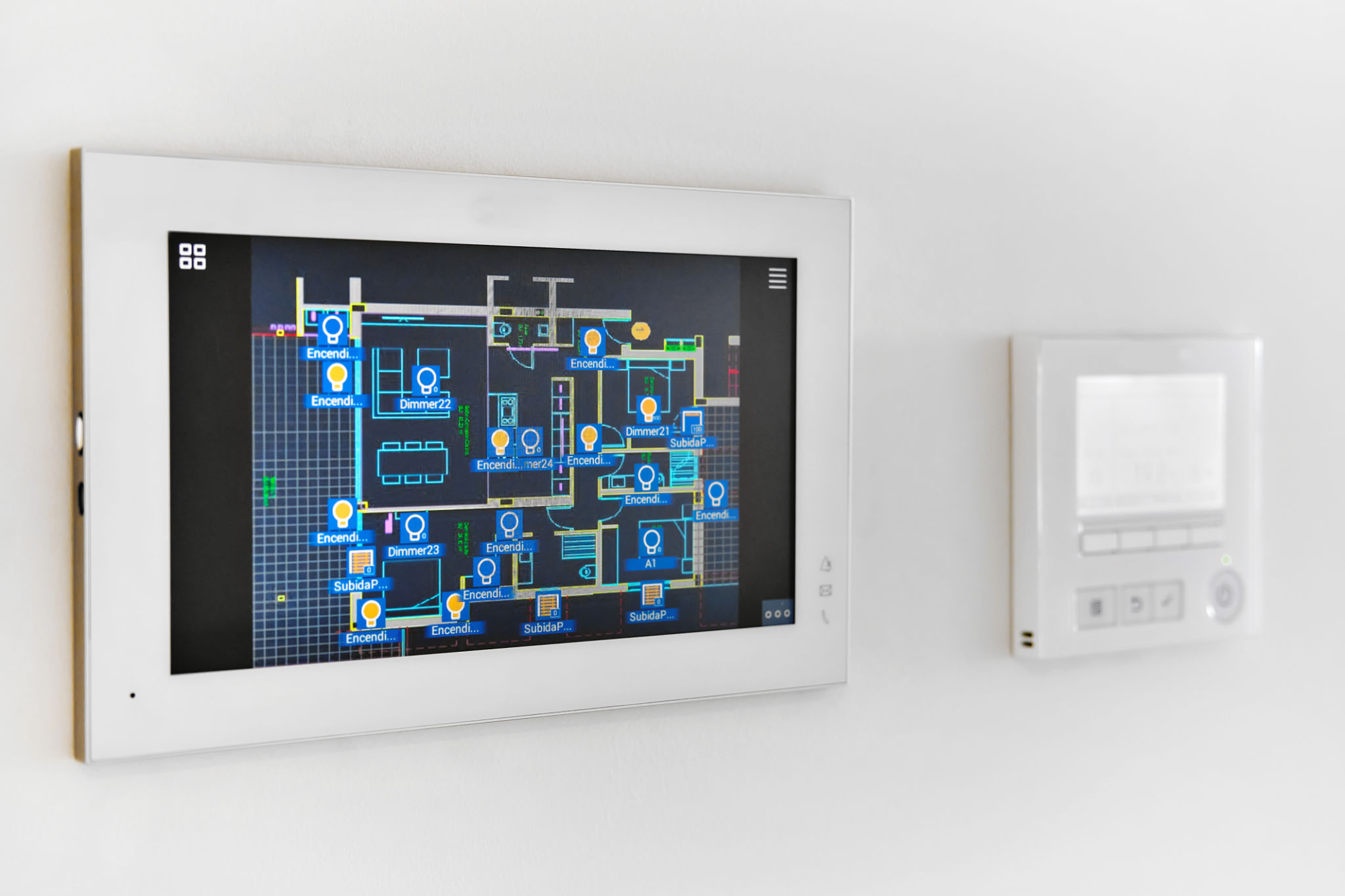Innovative Structural Assessment: How AI is Revolutionizing Florida's High-Rises
The Rise of AI in Structural Assessment
In recent years, the integration of artificial intelligence (AI) in structural assessment has been a game-changer, especially for high-rise buildings in Florida. These towering structures demand rigorous maintenance and safety checks, and AI technology is proving to be a crucial tool in ensuring their structural integrity. With Florida's susceptibility to hurricanes and extreme weather conditions, innovative assessment methods are more critical than ever.
AI-driven techniques offer a new level of precision and efficiency in evaluating the health of these structures. Unlike traditional methods that rely heavily on manual inspections, AI can analyze vast amounts of data quickly, providing engineers with detailed insights that might otherwise be missed.

How AI Works in Structural Assessment
The application of AI in structural assessment involves several advanced technologies. Machine learning algorithms can process data collected from various sensors placed on the buildings. These sensors monitor different parameters such as vibrations, temperature variations, and material stress levels. By analyzing this data, AI systems can detect anomalies that might indicate potential structural issues.
Moreover, AI models can utilize historical data to predict future structural problems, allowing for proactive maintenance. This predictive capability is invaluable in preventing costly repairs and ensuring the safety of the occupants.

The Benefits of AI for High-Rises in Florida
Florida's unique environmental challenges make AI-driven structural assessment particularly beneficial. By leveraging AI, engineers can:
- Enhance Safety: Early detection of structural issues reduces the risk of catastrophic failures.
- Cost Savings: Preventative maintenance enabled by AI predictions helps avoid expensive emergency repairs.
- Efficiency: Automated data analysis speeds up the assessment process, allowing for more frequent inspections without additional manpower.
These benefits not only protect the investments of property owners but also ensure the safety and security of residents and tenants.
Challenges and Considerations
Despite its advantages, the implementation of AI in structural assessment is not without challenges. One significant hurdle is the initial cost of outfitting buildings with the necessary sensors and technology. Additionally, there is a learning curve associated with interpreting AI-generated data, necessitating specialized training for engineers.
Data privacy is another consideration, as the sensors collect extensive information that needs to be secured to protect the privacy of building occupants. Addressing these challenges is crucial for the widespread adoption of AI technology in this field.

The Future of Structural Assessment
The future looks promising for AI in structural assessment. As technology continues to advance, we can expect even more sophisticated systems capable of providing real-time analysis and recommendations. The integration of AI with other technologies such as drones and 3D modeling will further enhance the capabilities of structural assessments.
Ultimately, the goal is to create smarter, safer buildings that can withstand the tests of time and nature. For Florida's high-rises, embracing AI innovation is not just an option but a necessity to ensure their longevity and resilience.
